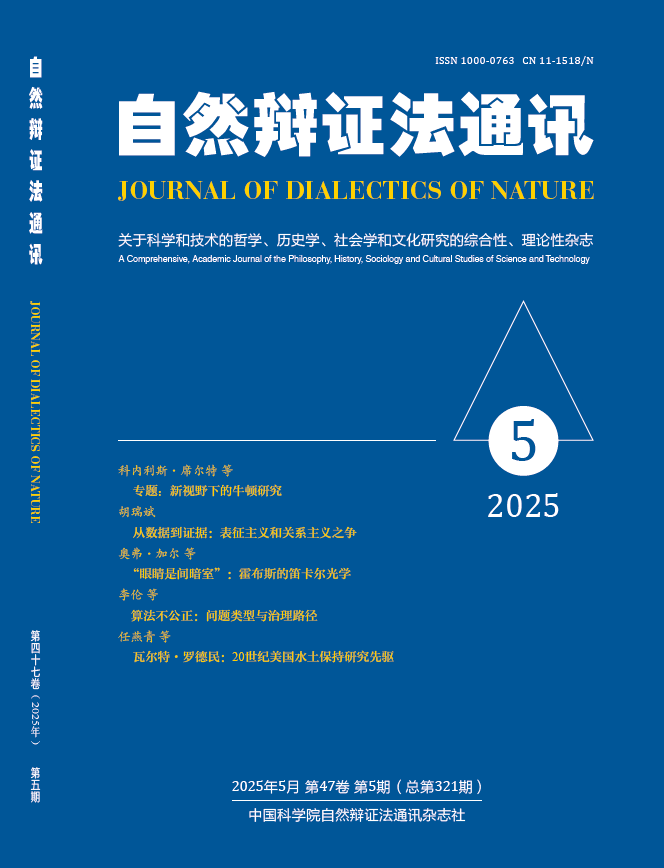

Published Online: 2025.4.10
DOI: 10.15994/j.1000-0763.2025.05.001 CSTR: 32281.14.jdn.2025.05.001
Abstract: Isaac Newton is rightly credited with the discovery of the laws of gravity, the development of
mathematical calculus, and the transformation of natural philosophy into modern-day classical physics. Yet
Newton himself firmly believed that he created nothing new. Instead, he considered of all knowledge as ancient,
revealed to mankind by God at the beginning of time. Although man’s fall from grace and his subsequent
idolatrous practices meant much of that knowledge had become obscured or lost, throughout history sages such as
Zoroaster, Hermes, and Plato, had passed on their knowledge to those who studied their writings diligently. In this
paper, I argue that exactly this underlying belief in the antiquity of knowledge connects Newton’s various studies
in domains that seem very disconnected today, such as mathematics, alchemy, and the study of mythology and
chronology. Through a close examination of Newton’s manuscript legacy and the use of Newton’s notes by one
of his disciples, the Scottish mathematician David Gregory, I explore these connections and show how in order
to understand Newton’s thinking in areas such as natural philosophy, we must take very seriously his studies of
ancient writings, because Newton took these studies very seriously himself.
Key Words: Isaac Newton; Ancient knowledge; David Gregory; Principia
This article can be downloaded here
https://jdn.ucas.ac.cn/public/uploads/files/67f72104d5a14.pdf
- Contact Us
- Address: No.19A Yuquan Road, Beijing, 100049, China
- Phone: +86-10-88256007
- Email:jdn@ucas.ac.cn




